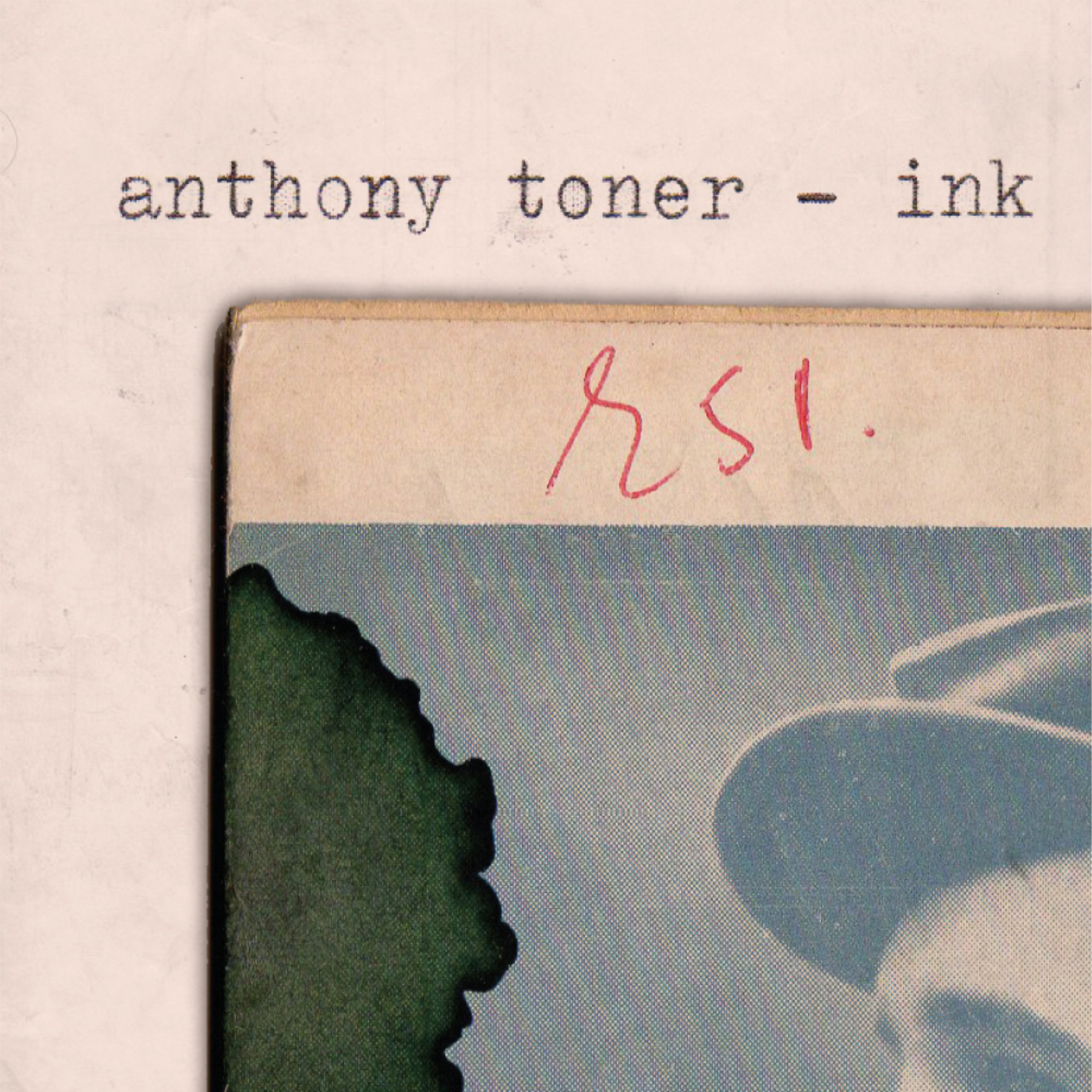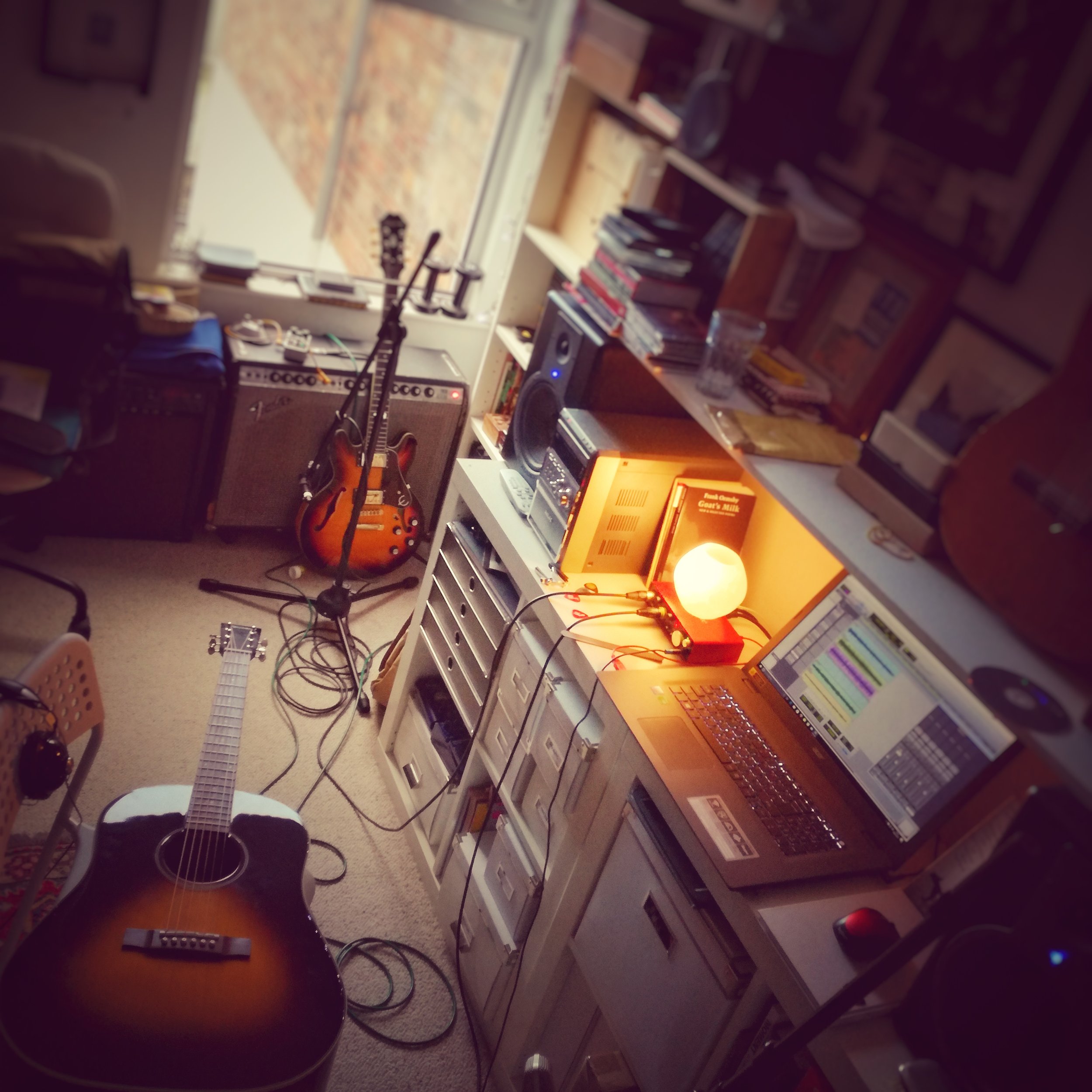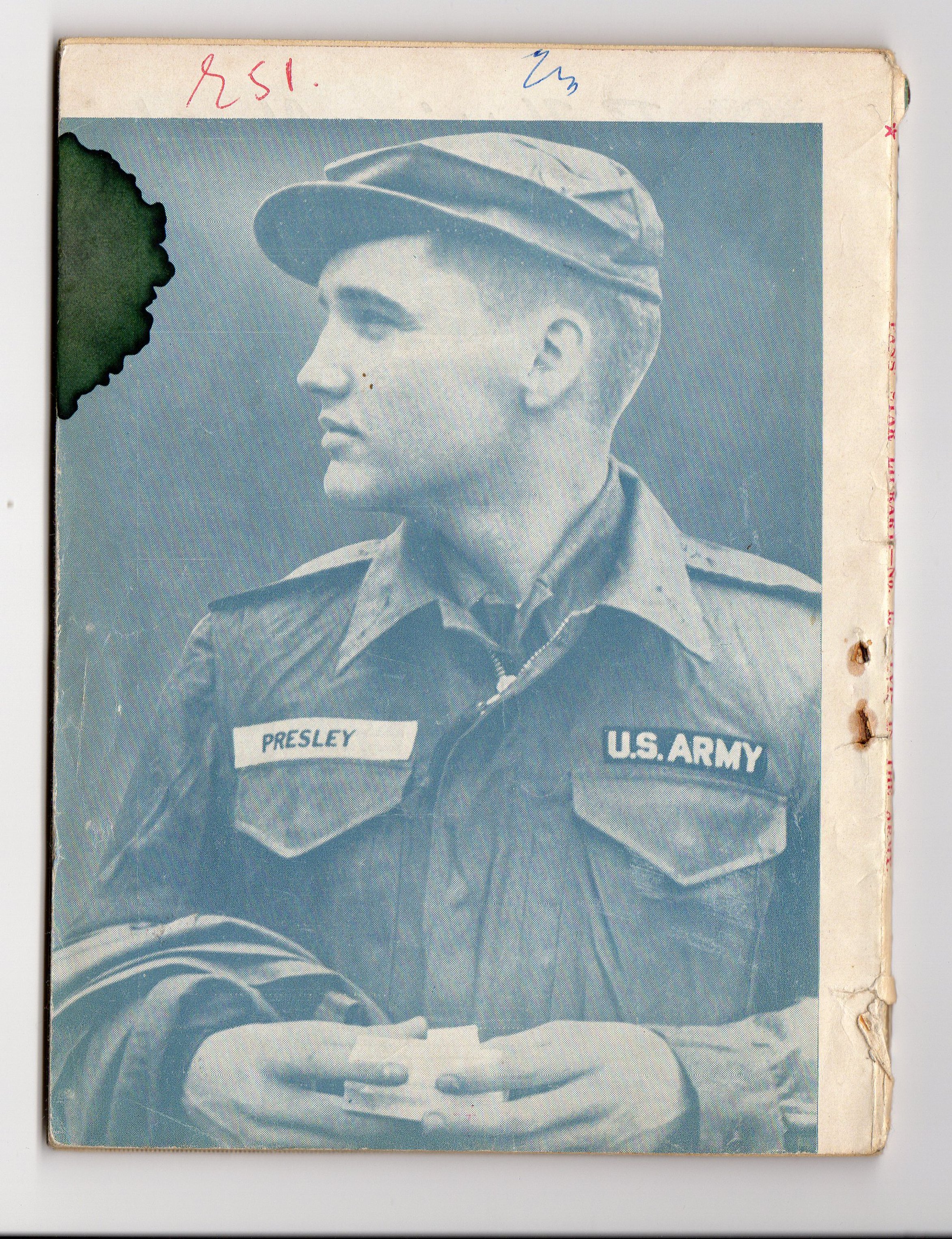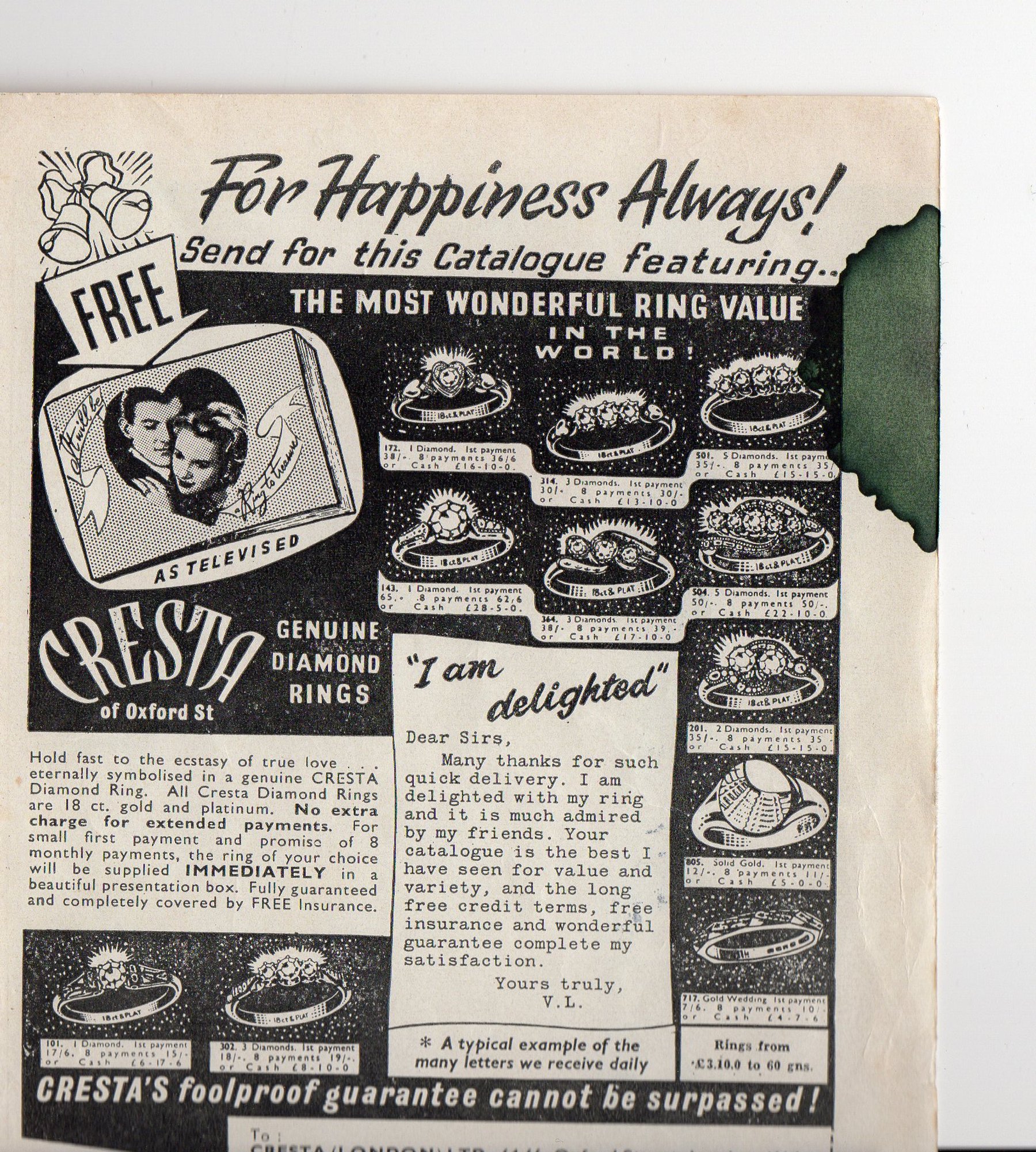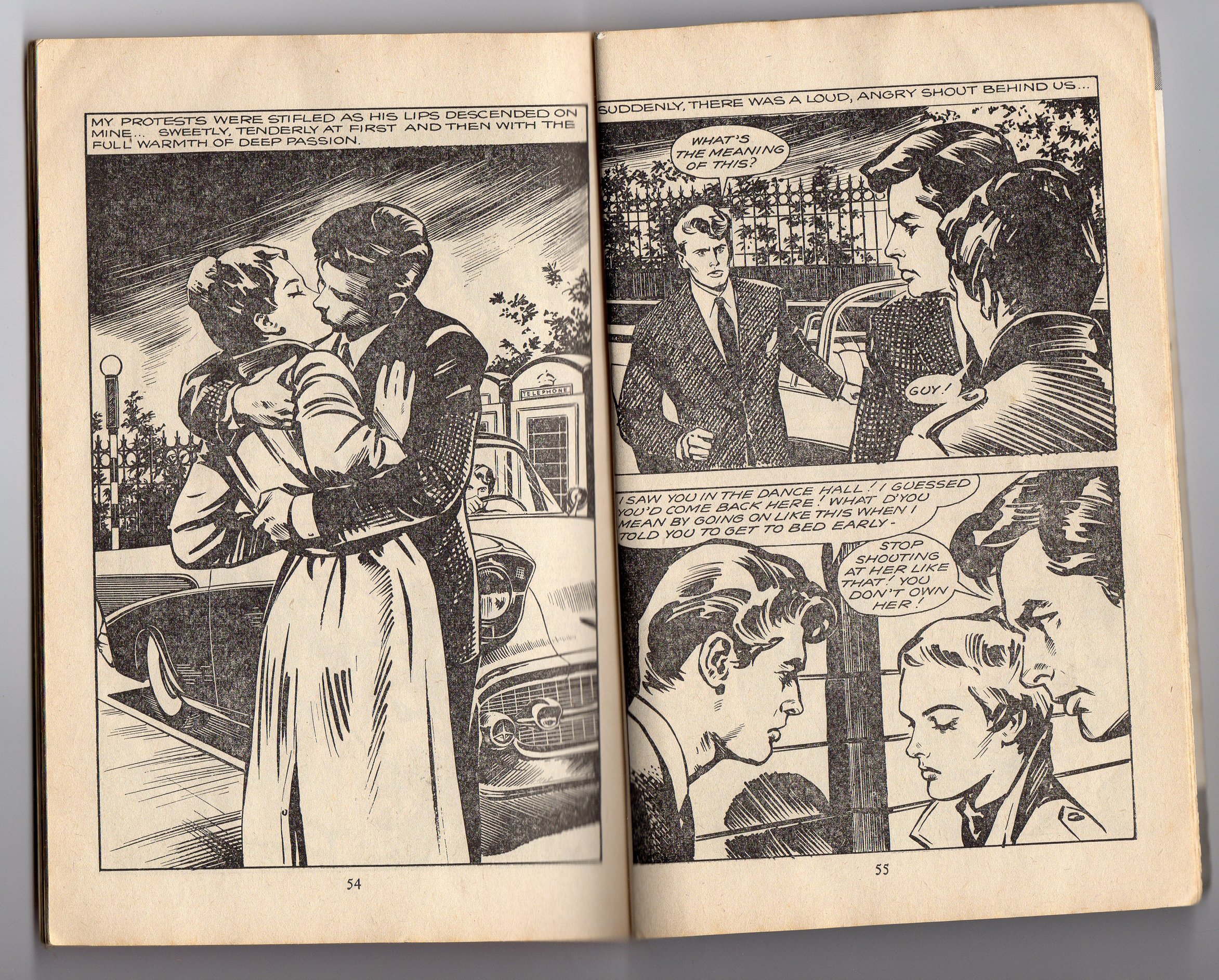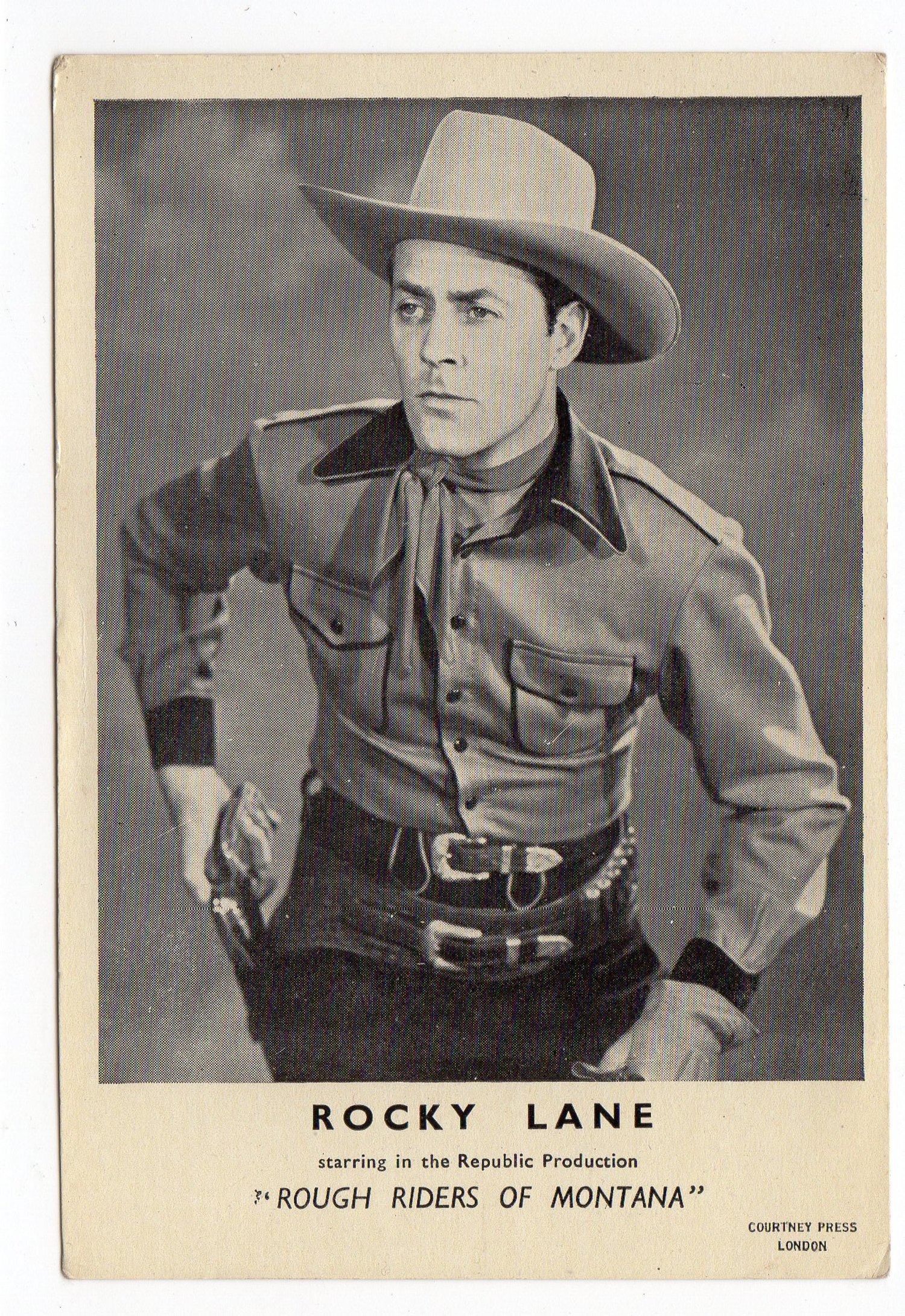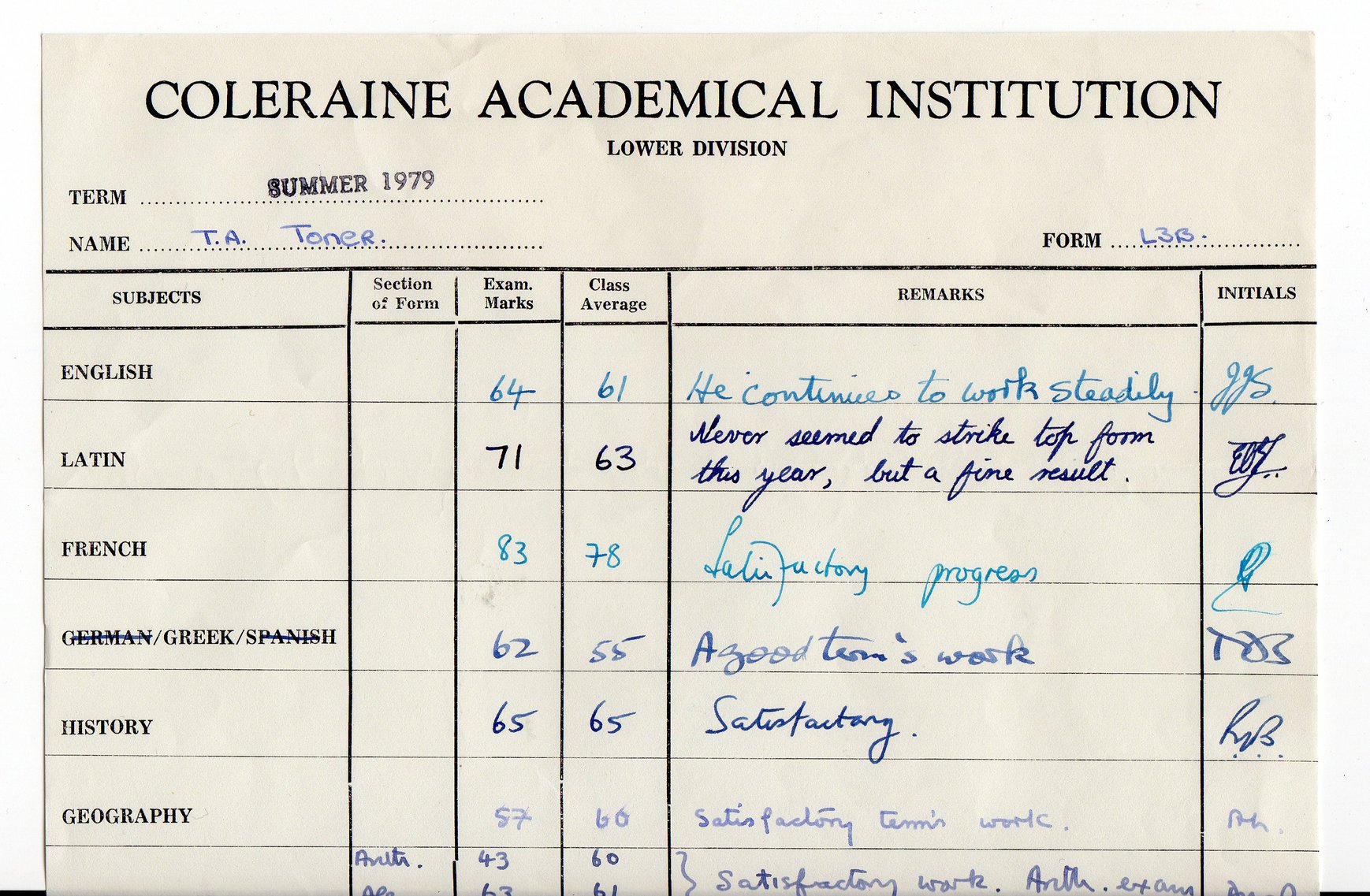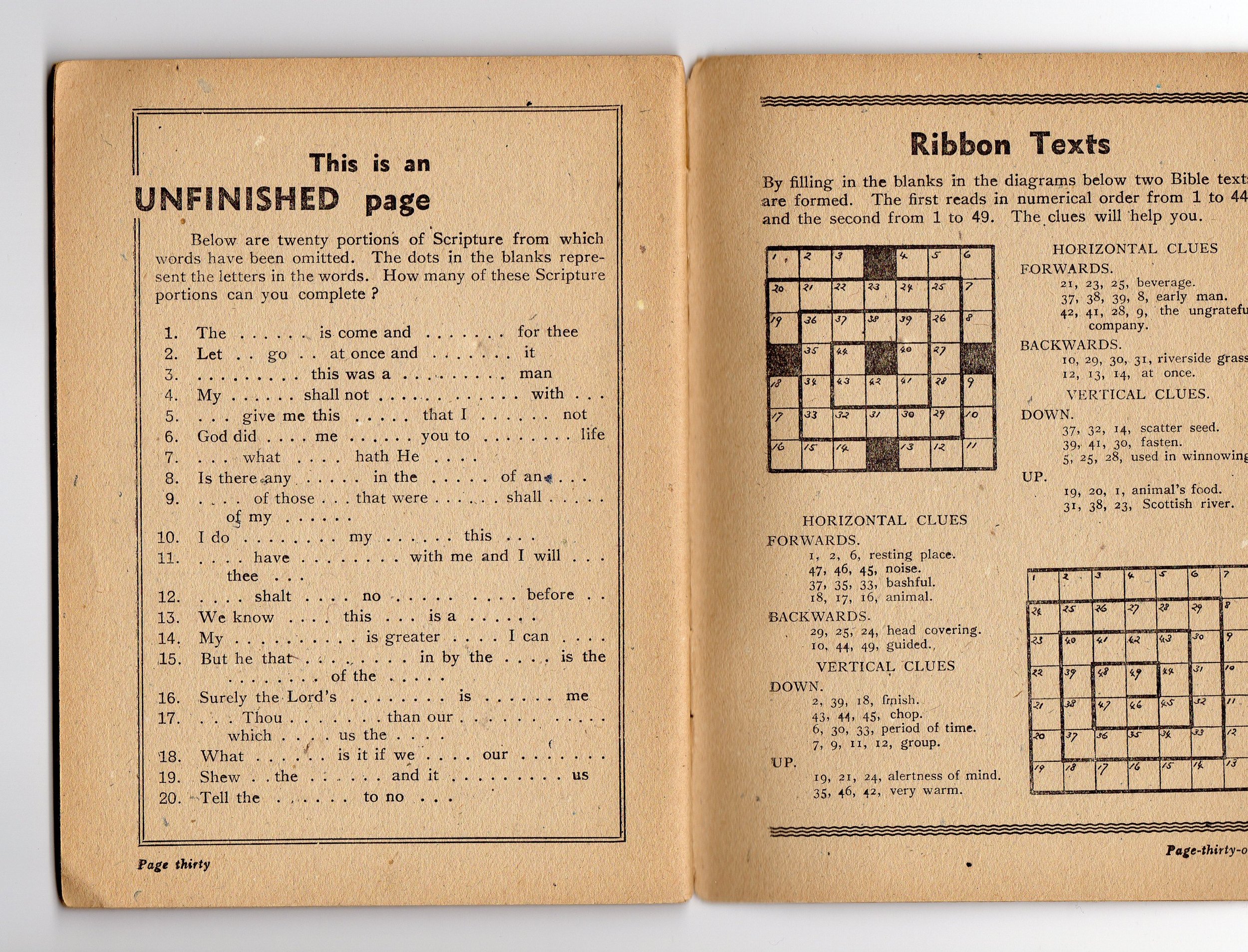(a blog post to celebrate the issue of the Ink album from 2017 as a digital download - or stream - on Anthony’s Bandcamp page. Click HERE to be directed the relevant page)
Ink came out in 2017, and at that stage was my seventh album, and remains, up until The Book of Absolution in 2022, the most personal collection of songs I have ever written.
My mother had died at the end of 2014 (and the album Miles and Weather the following year had been dedicated to her), and my father had gone into care in a dementia facility in Coleraine, his condition deteriorating really rapidly. Looking back from this distance, I can see that the destruction of the family unit has been the central trauma of the middle period of my life. It has been a time dominated by anxiety, stress and deep sorrow.
I had skirted around the subject of their decline and loss in some earlier songs, but this was the first time I really took the plunge and wrote about it in such a direct way.
(to elaborate: there are things on this album that I could not have comfortably said while my mother was alive. In tracks like ‘Sleep Like a Soldier’, I described my anxiety and stress during her last illness: ‘I soaked myself in nightmares, and I waited for the flame’. And of course I couldn’t have been so candid about my dad’s condition: ‘When I hug my father we hold on tight. If he forgets who I am, well that’s all right – A is for Alzheimer’s’)
Many people assume that songwriters are writing about themselves all the time. Lots of people, on hearing the song ‘Sailortown’, are curious about what ever happened to Elaine – a completely fictional character. I suppose the self-regarding songwriter has become such a ‘type’ that many listeners imagine all songs are confessions.
In this case, it happened to be true. And writing songs about your own life can be a tricky business – if you make it really personal and intimate, there’s a chance that the listener will be excluded and – of course – have no connection with the story you’re telling. But sometimes, if you get it right, the song will jump across the gap between performer and listener, and illuminate something in the audience.
So it was with this collection – I had never received such heartfelt reactions from fans and followers before this. And afterwards, I told myself I would never be able to write a collection like that again, and it’s no surprise that this one followed the death of my mother, and the recent collection, The Book of Absolution, which has attracted similar reactions, followed the death of my father.
Thinking back on some of the key songs, and where they came from:
Home studio - recording the basic guitar tracks for Ink, autumn 2016
‘An Alphabet’ was conceived backstage – actually in the wings – of the Dunamaise Theatre in Portlaoise, during a tour of Ireland with Barbara Dickson. The little descending guitar part had been under my hands for days, and I remember singing the opening line in its entirety: ‘When I hug my father, we hold on tight. If he forgets who I am, well that’s all right, A is for Alzheimer’s’. It’s surprising when a line as long as that falls from the sky, and I remember thinking – that’s good, I can work with that. My mind immediately wanted to fill in all the other letters of the Alphabet, and that happened over the next few days.
‘Night Prayer’ is almost word for word true – my mother had been given morphine while recovering from surgery in the Royal Victoria Hospital in Belfast and was convinced that the dreams she’d been having as a result were absolutely real. I teased her about becoming an addict, and challenged her to prove she was ‘straight’ - and out came the recitation of the names of all the books of the Bible, obviously something she’d been taught as a child, and which was still there in memory. She retained a few of these nuggets right up to the end. As an ardent Elvis fan, she could still have told you what his GI number was in the US Army. The little rolling guitar figure at the heart of the song I always associate with the tithe barn at Bishops Cleeve – backstage at another show with Barbara.
‘The Shepherd’s Daughter’: I periodically get incredibly bored with the acoustic guitar, always playing the same James Taylor chords and runs. In an attempt to reinvent the instrument a little, I have often experimented with open tunings – specifically in this case Open D (I was attempting to learn Ry Cooder’s ‘Paris, Texas’ at the time). And out of that tuning came this instrumental, and also – now that I think of it – ‘All the Winds’ is also in that tuning. I would later use that tuning almost exclusively for the guitar instrumentals on the album that followed, ‘The Kiss of Light’.
the late, great Alan Hunter - always to be fondly remembered
‘Light from the Stars’ was for Bap Kennedy, who had died the year before. I’d lost a few good friends around that time – Alan Hunter, the wonderful bass player who was a dear friend and fellow member of the Ronnie Greer Blues Band – had died in 2016, as had Henry McCullough, the legendary Portstewart guitarist and songwriter who had encouraged me a great deal when I started to play my own songs in public for the first time.
The opening line of ‘Let the River’ also came from touring – in Morecambe I spotted a second hand bookshop on the Promenade, and as I approached it, I had the impression that the owner had arranged a huge array of books of the same colour for display. As I got closer, I realised that they had all originally been different colours, but had over the years faded to the same dusty blue: ‘If you heart’s been abandoned, in the window of a store, faded blue by the sun, and no-one goes there any more, let the river wash you clean’.
I remember writing ‘Exit Wounds’ – which is almost an entirely true story – in the car while driving from Portstewart to Belfast. Right from the start I had thought of it as a recitation, a spoken piece, and it came really quickly, I had the entire thing in about an hour and 15 minutes, by the time I got home. I remember coming into the living room, picking up a pen and paper and writing it all down before it vanished. The guitar part came a few days later.
There were some other elements in the creation of the collection – for the first time in my life, I had a home recording set-up. I had an enormous Acer laptop, a copy of ProTools and a microphone, and I set about recording the basic tracks for the album at home. This allowed me to experiment and work long hours on arrangements and guitar parts at my own pace, and try out different approaches. Most of the guitar parts were played on a Tanglewood TW40SD guitar, their version of the Gibson J45, that just sounded great as a recording instrument.
I took all of these recordings to Clive Culbertson’s studio outside Coleraine (I made a short video of some of the behind-the scenes work - see right) and we recorded piano and Hammond by John McCullough, drums by Peter McKinney and bass from Clive, and Clive mixed it with his usual flair. The resulting album still sounds very warm and human to me, six years later.
I knew that I wanted something personal and family-related for the artwork, so there are a variety of images throughout the lyric booklet that come from my family (see the reel of images at the bottom of the post). On clearing out my parents’ house, I had discovered a stash of paper collectibles - film and music annuals and postcards of movie stars that my mother had collected as a girl, including some romance comics, Hank Snow fan club material, a souvenir book on the Coronation of Queen Elizabeth II, and much more. There were also some family treasures – I discovered a very fancy document that revealed that my mother had taken the ‘pledge’, as a 12 year old, to refrain from alcohol. I’m delighted to say that didn’t last more than six or seven years, although the paper promise remains.
Inside the front cover, I put one of my old school reports from 1979, which was hilarious in its averageness: ‘Satisfactory…’ ‘he continues to work steadily…’. At first I thought it would be cute because of the lovely fountain pen handwriting, but when I read it I thought the faint praise was perfect for how I felt about my musical career at that point: ‘Never seemed to strike top form this year, but a fine result’. And what was I DOING, studying Greek? Not travellers’ Greek, you understand, ANCIENT Greek…
The front cover image turned out well – it’s a close-up of the back cover of an old Elvis Monthly magazine (that’s the King, in his GI-issue forage cap). Someone had obviously set a fountain pen full of green ink against the magazine at some point, and created this glorious dark green blot across the edge of the paper. For some reason, someone has also written a number across the top of the page in red ballpoint. I was nervous about using the whole back cover – apparently the Elvis estate is jumpy about use of unauthorised images of the King… so I blew it up in size and concentrated on that one corner, and it actually became slightly surreal and more intriguing as a result. I added a typewritten title (battered out on an Olivetti Lettera 22), and there it was.
In a digital world, it felt interesting to include so many things that were handwritten, printed, tangible. I hadn’t realised until later that by accident the album cover contains four different types of ink – the fountain pen, the red ballpoint, the print on the magazine and the typewriter ribbon.
Even over half a decade later I still think the album’s a high water mark for me in writing terms. I still get asked to play ‘An Alphabet’ and ‘The Night Prayer’, and I often include ‘Let the River’ in live performance. And between this collection and The Book of Absolution, it feels like I might have said everything I need to say about family, childhood, memory, loss and love.
Click HERE to be directed to the Bandcamp re-issue, where you can also order the CD if you like.
